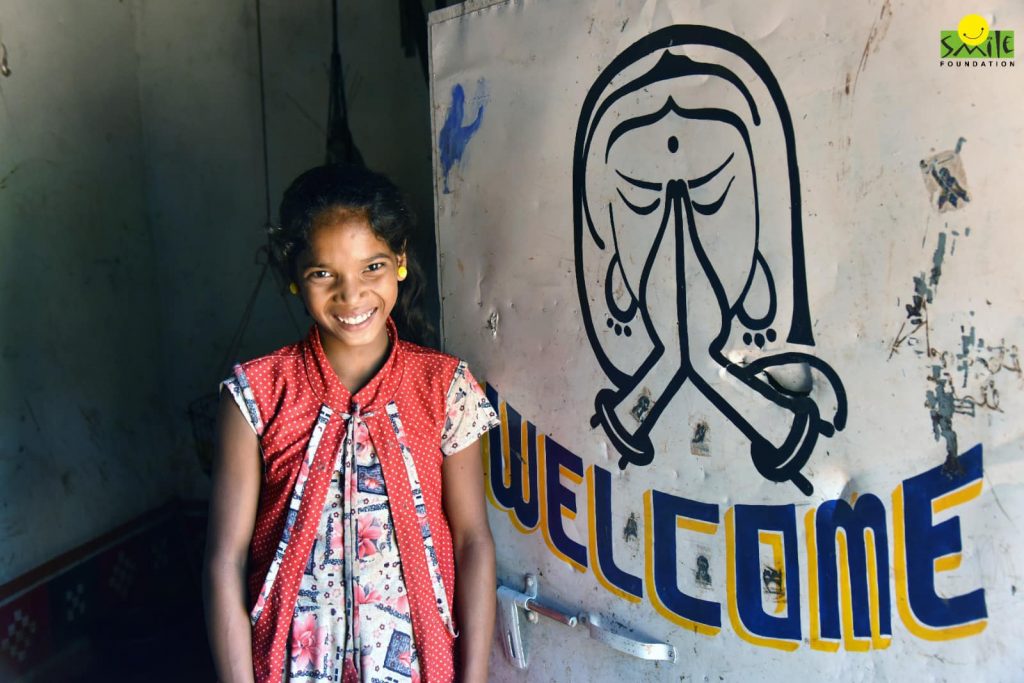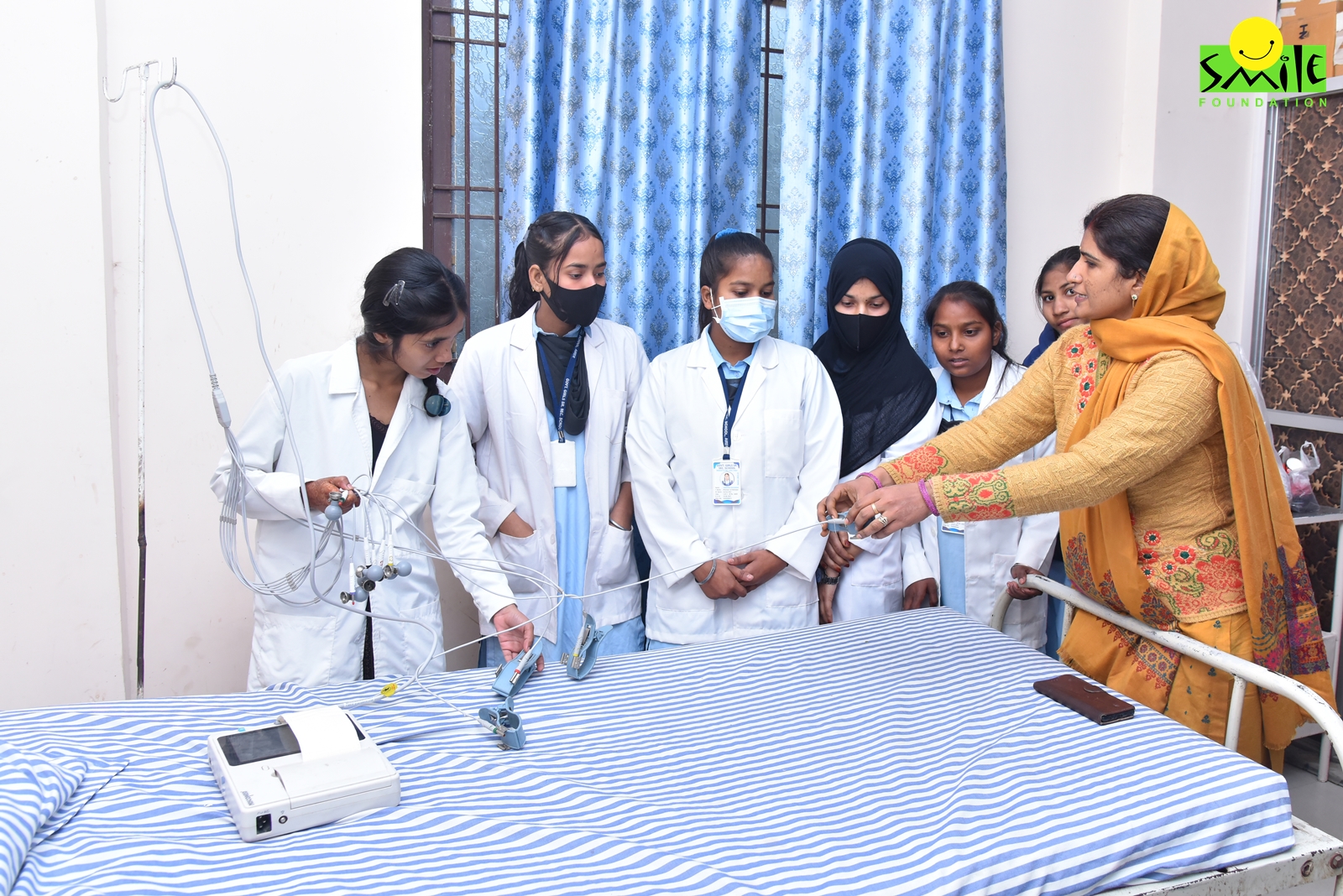The topic of Adolescent Reproductive and Sexual Health (ARSH) for girls living in remote areas of India is an issue of equity, education and empowerment. In India, where urban and rural settings often provide vastly different experiences, the challenges faced by adolescent girls in remote areas are particularly pronounced.
In remote areas of India, traditional beliefs and cultural norms significantly influence the reproductive and sexual health education of adolescent girls. Topics related to sexuality are often considered taboo, leading to a lack of open discussion and perpetuating myths and misconceptions. These cultural barriers result in limited knowledge about menstruation, contraception and sexually transmitted infections (STIs), contributing to poor health outcomes.
Then comes the access to education in remote areas which is often limited, with many girls dropping out of school due to socio-economic pressures or gender biases. This lack of education directly impacts their understanding of reproductive health. Schools that do exist in these regions may not have the resources or trained staff to provide comprehensive ARSH education. As a result, adolescent girls are left without the critical information needed to make informed decisions about their bodies and health.
What about healthcare? Healthcare infrastructure in remote areas is frequently underdeveloped. Clinics and healthcare professionals may be scarce and those that do exist may lack the necessary supplies or expertise to address ARSH needs adequately. Transportation to healthcare facilities can also be a significant barrier, further limiting access to necessary services.
The Impact of Limited ARSH Education and Services
Early Marriage and Pregnancy
Without proper ARSH education, many girls in remote areas of India face early marriage and pregnancy. According to UNICEF, India has one of the highest rates of child marriage in the world, which is particularly prevalent in rural and remote areas. Early marriage often leads to early pregnancy, which can have severe health implications for both the mother and the child.
Menstrual Health Management
Menstrual health management is a critical aspect of ARSH. In many remote areas, girls lack access to sanitary products, clean water and private spaces for managing menstruation. The stigma surrounding menstruation further complicates this issue, often leading to girls missing school during their periods and, in some cases, dropping out entirely.
Mental Health Concerns
Adolescence is a crucial period for mental health development. The lack of ARSH education and services can lead to increased anxiety, depression and other mental health issues among adolescent girls. The stigma and shame associated with reproductive and sexual health can exacerbate these problems, leading to long-term mental health challenges.
Strategies for Improvement
Community Engagement and Education
Community engagement invariably overcome socio-cultural barriers. Involving local leaders, parents and teachers in ARSH education initiatives can help shift cultural norms. They can promote open discussion about reproductive health. Peer education programmes, where trained adolescents educate their peers, have also proven effective in disseminating information in a relatable and impactful manner.
Integrating ARSH into School Curricula
Incorporating comprehensive ARSH education into school curricula by providing accurate information about puberty, menstruation, contraception and STIs. Schools should also offer safe and private spaces for girls to discuss their concerns and access sanitary products. Training teachers to handle these topics sensitively and accurately is equally important.
Strengthening Healthcare Infrastructure
Improving healthcare infrastructure in remote areas is vital for addressing ARSH needs. This involves increasing the number of healthcare facilities and professionals trained in adolescent health. Mobile medical units and telemedicine can also bridge the gap, providing remote areas with access to healthcare services and information.
Policy Advocacy and Implementation
Advocacy at the policy level is necessary to ensure that ARSH initiatives receive adequate funding and support. Policies should focus on providing comprehensive sex education, improving healthcare access and addressing gender inequalities. Collaboration between government, development organisations and community-based organisations can drive these policy changes and ensure effective implementation.
Case Study: Smile Foundation’s ARSH Initiatives
Smile Foundation has been actively working to improve ARSH for girls in remote areas and slum areas. Through its various programmes, the initiative is providing education on menstrual health, contraception and reproductive rights. One of our initiatives involves setting up health camps in remote villages, offering free consultations, sanitary products and educational workshops.
By involving community leaders and local women as facilitators, Smile Foundation ensures that the information is culturally sensitive and well-received. Our peer education model has also been successful, with trained adolescents leading discussions and activities related to ARSH, thereby creating a supportive and informed community environment.
A blueprint for sustainable change
Addressing Adolescent Reproductive and Sexual Health (ARSH) for girls living in remote areas of India requires a multifaceted approach that considers socio-cultural, educational and healthcare barriers. By engaging communities, integrating ARSH into school curricula, strengthening healthcare infrastructure and advocating for supportive policies, significant strides can be made towards improving the health and well-being of these adolescent girls.
Development organisations demonstrate the positive impact of dedicated efforts in this area, offering a blueprint for sustainable change. Creating equity in ARSH is a step towards empowering young girls to lead informed, healthy and fulfilling lives.









